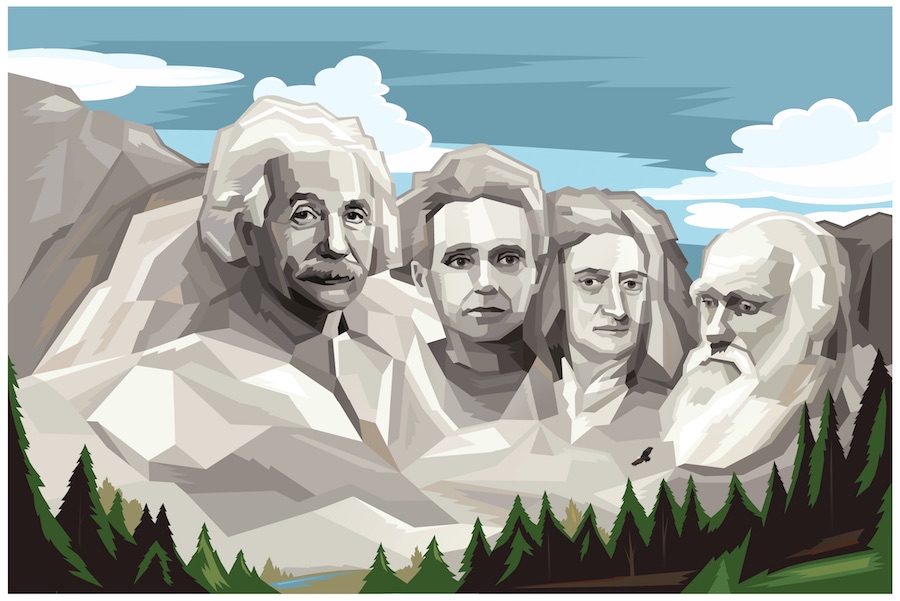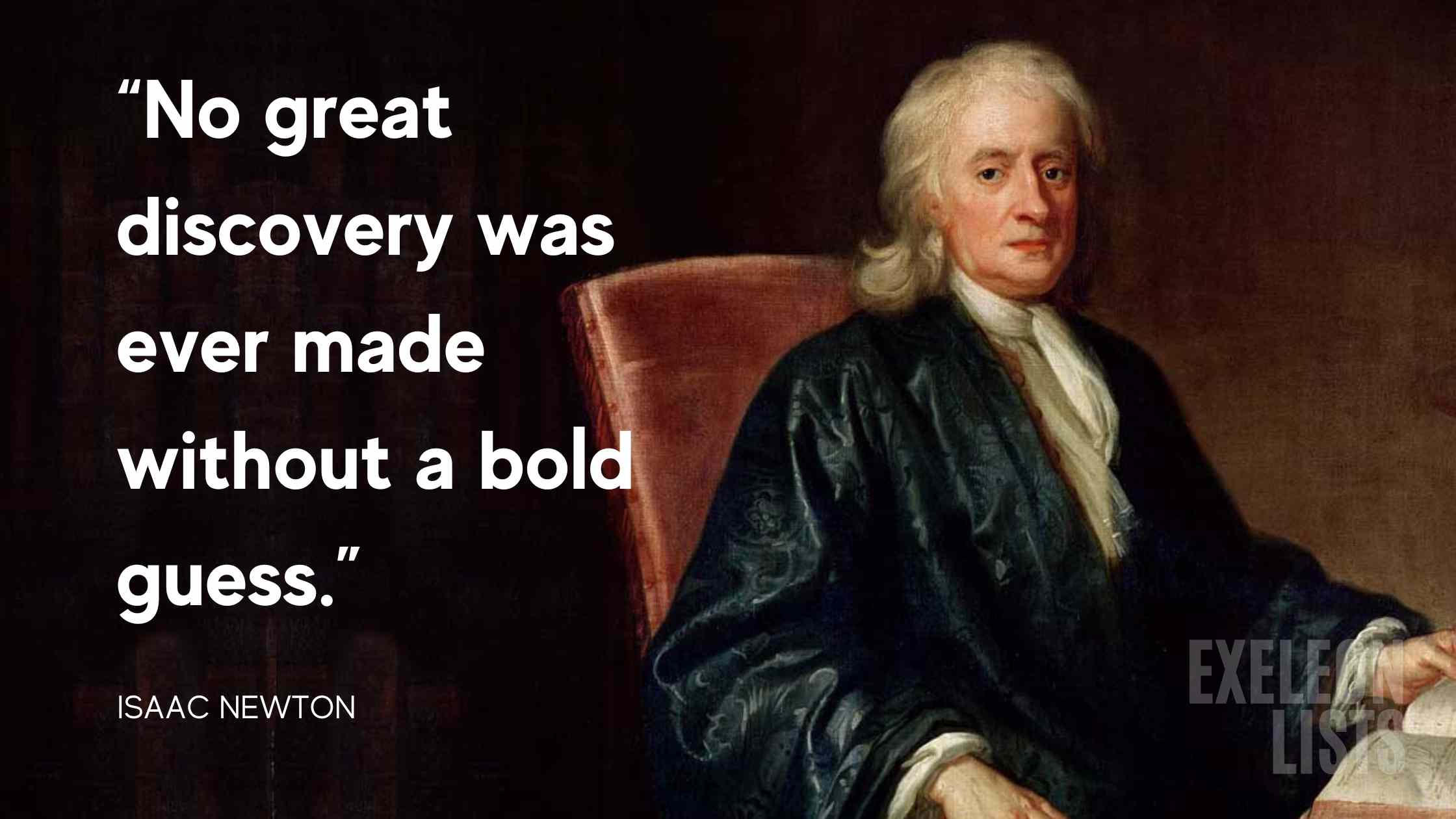Top 10 Greatest Scientists of All Time
Throughout history, brilliant minds have expanded human understanding and transformed the world with their discoveries. These scientists not only advanced knowledge in their fields but also laid the foundation for modern science, medicine, technology, and philosophy. In this article, we’ll explore the Top 10 Greatest Scientists of All Time — the visionaries who changed our world forever.

🧠 1. Isaac Newton (1643–1727)
Field: Physics, Mathematics, Astronomy
Key Contributions:
Laws of Motion and Universal Gravitation
Development of Calculus
Optics and the nature of light
Why He’s Great:
Newton revolutionized physics with his laws that still form the core of classical mechanics. His Principia Mathematica is one of the most influential books in scientific history.
🌌 2. Albert Einstein (1879–1955)
Field: Physics
Key Contributions:
Theory of Relativity (E=mc²)
Quantum Theory of Light
Photoelectric Effect (Nobel Prize 1921)
Why He’s Great:
Einstein’s theories transformed our understanding of space, time, and gravity, making him a global symbol of genius.
🧬 3. Marie Curie (1867–1934)
Field: Physics, Chemistry
Key Contributions:
Discovery of Polonium and Radium
First woman to win a Nobel Prize (and the only one to win in two sciences)
Pioneered research in radioactivity
Why She’s Great:
Curie’s groundbreaking work laid the foundation for cancer treatments and nuclear energy. She broke gender barriers in science.
🔭 4. Galileo Galilei (1564–1642)
Field: Astronomy, Physics, Mathematics
Key Contributions:
Improved the telescope
Discovered Jupiter’s moons
Supported heliocentric theory
Why He’s Great:
Often called the Father of Modern Science, Galileo’s observations challenged religious dogma and changed our view of the universe.

🧫 5. Charles Darwin (1809–1882)
Field: Biology, Natural History
Key Contributions:
Theory of Evolution by Natural Selection
On the Origin of Species (1859)
Why He’s Great:
Darwin’s theory revolutionized biology and fundamentally changed how we understand life on Earth.
💉 6. Louis Pasteur (1822–1895)
Field: Microbiology, Chemistry
Key Contributions:
Germ Theory of Disease
Pasteurization
Developed vaccines (rabies, anthrax)
Why He’s Great:
Pasteur’s work saved millions of lives and paved the way for modern medicine and hygiene.
🧪 7. Nikola Tesla (1856–1943)
Field: Electrical Engineering, Physics
Key Contributions:
Alternating Current (AC) electricity
Tesla Coil
Wireless transmission theories
Why He’s Great:
Tesla was a visionary inventor whose work in electricity and magnetism laid the foundation for modern power systems.
🔬 8. Stephen Hawking (1942–2018)
Field: Theoretical Physics, Cosmology
Key Contributions:
Black hole radiation (Hawking radiation)
Popularized science through books like A Brief History of Time
Why He’s Great:
Despite battling ALS, Hawking became a global symbol of intellectual brilliance and inspired millions with his work on the universe.
🌍 9. Aristotle (384–322 BC)
Field: Philosophy, Biology, Physics
Key Contributions:
Foundations of logic, ethics, and natural sciences
Early studies in zoology and classification
Why He’s Great:
Aristotle’s influence spans over 2,000 years. He laid the groundwork for virtually every branch of science and philosophy.
🧫 10. Rosalind Franklin (1920–1958)
Field: Chemistry, Molecular Biology
Key Contributions:
X-ray diffraction images of DNA (Photo 51)
Contributed to discovery of DNA’s double-helix structure
Why She’s Great:
Though overlooked in her time, Franklin’s work was critical in unlocking the structure of life itself — DNA.

🌟 Final Thoughts
The legacy of these scientific giants continues to shape our world. Their courage, creativity, and relentless curiosity pushed the boundaries of knowledge and opened new horizons for humanity. From unlocking the laws of motion to decoding the secrets of the universe and the human genome, these top 10 scientists left an everlasting mark on history.

